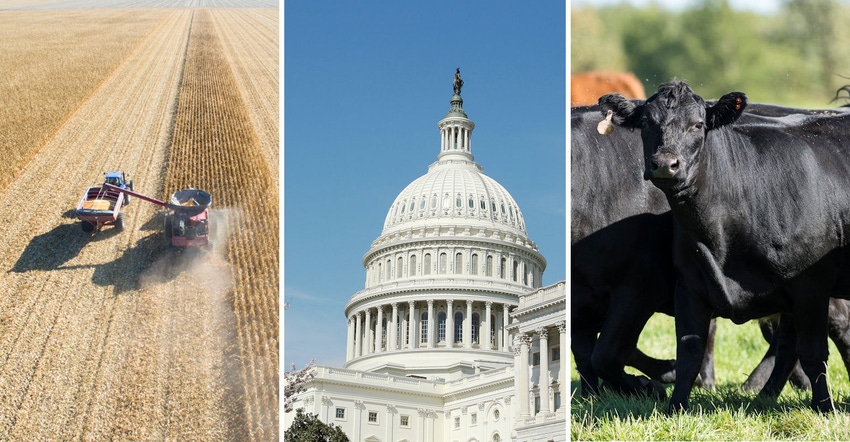
Need a quick catch-up on the news of the week? Here are seven agricultural stories you might have missed.
1. Hurricanes Harvey and Irma impacted agriculture in several states. In Georgia, as much as 30% of the state’s pecan production may have been lost from Irma��’s high winds. Agriculture Secretary Sonny Perdue put Hurricane Harvey’s damages near $1 billion on Sept. 11. – Farm Futures
2. Given the influence El Nino and La Nina have on weather patterns, why was no one talking about them this summer? Indiana state associate climatologist Ken Scheeringa offers his insight. The U.S. Climate Prediction Center raised its odds of a La Nina arriving between November and January to 62%. – Indiana Prairie Farmer
3. The Bayer-Monsanto merger is expected to close sometime in early 2018, according to an update given by Liam Condon, Bayer Management Board member and President of Bayer’s Crop Science Division. – Farm Futures
4. South Dakota’s cropland value declined by 4.7% in 2016, according to the latest Farm Real Estate Survey conducted by South Dakota State University’s ag economic department. The survey was completed in February. This is only the third year in the 27 years of the survey that the average cropland values have declined. – Dakota Farmer
5. Organic agriculture has been in the news this week with a report and audit released by USDA. USDA’s National Agricultural Statistics Service released its 2016 Certified Organic Survey on Sept. 20. The survey found a 23% increase in sales from the year prior and an 11% increase in the number of certified organic farms in the nation. USDA’s Office of Inspector General released an audit of organic trade that found organic imports may not meet USDA’s organic standards. – Farm Futures
6. Robert Gardner, a scientist at the University of Minnesota West Central Research and Outreach Center in Morris, Minn., is using manure lagoon wastewater to grow algae for livestock feed. – The Farmer
7. Dairy Farmers of America and Third Sun Solar are teaming up to bring more solar panels to dairy farms. The panels will help dairy farmers lower their energy costs and reduce carbon emissions. – Ohio Farmer
And your bonus.
Engineers at the German Aerospace Center plan to build a farm, called the Eden-ISS, which will allow people in Antarctica to grow food year-round. The farm exists inside a climate-controlled shipping container. – futurism.com
About the Author(s)
You May Also Like




